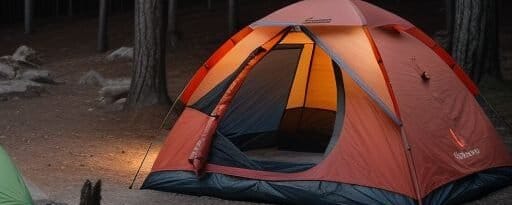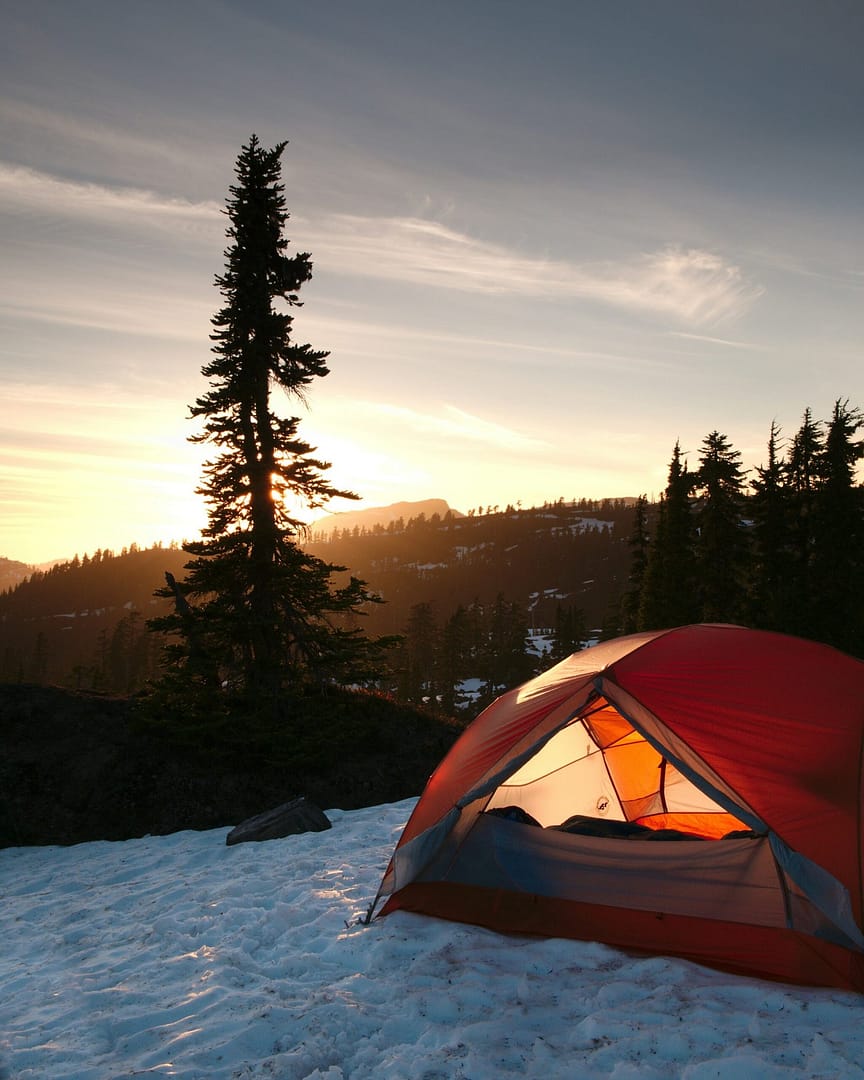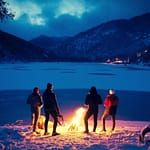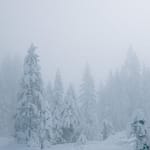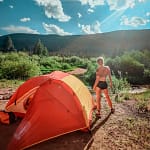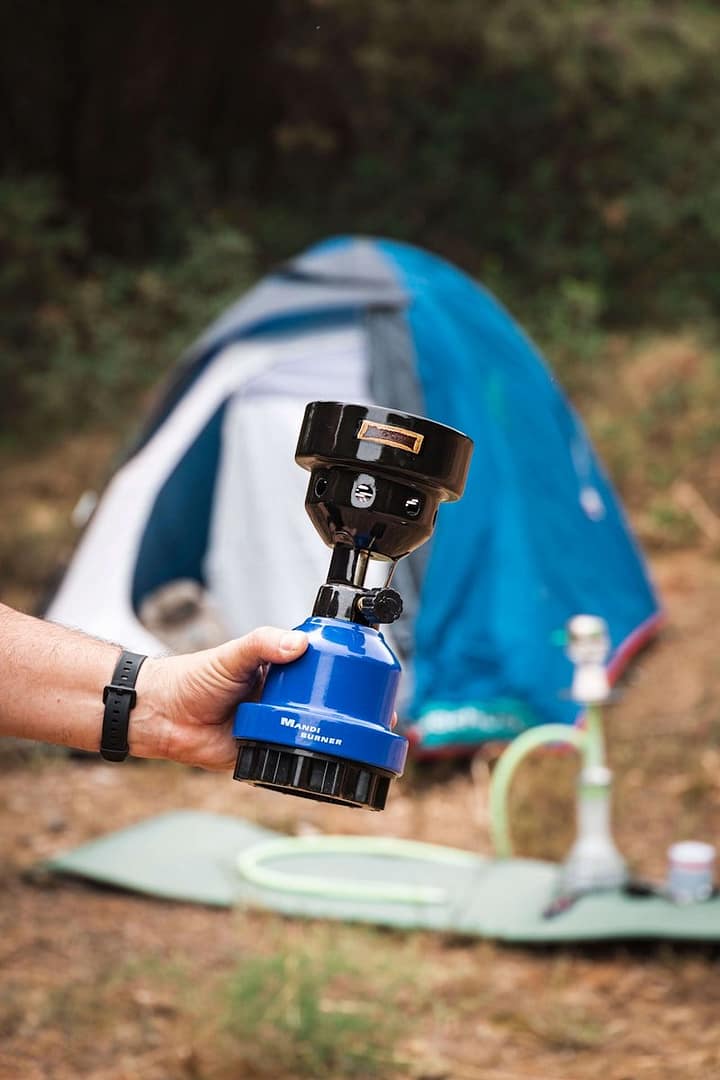Essential Items for Winter Camping
Winter camping can be a thrilling adventure, but it also requires careful preparation and the right gear to ensure a safe and enjoyable experience. Whether you’re a seasoned camper or new to the world of winter camping, there are a few essential items you’ll need to have to stay warm, comfortable, and prepared for any situation. In this article, we’ll explore the must-have items for winter camping.
1. Warm Clothing
When camping in cold weather, it’s crucial to dress in layers to regulate your body temperature. Start with a moisture-wicking base layer to keep sweat away from your skin. Add insulating layers like fleece or down jackets and pants to provide warmth. Finally, wear a waterproof and windproof outer layer to protect against the elements. Don’t forget to pack warm socks, gloves, hats, and scarves as well.
2. Sleeping Bag and Sleeping Pad
A high-quality sleeping bag rated for cold temperatures is essential for a comfortable night’s sleep in winter camping. Look for a bag with a temperature rating lower than the expected nighttime temperature. Additionally, a sleeping pad is crucial to insulate you from the cold ground and provide cushioning. Opt for a pad with good insulation and thickness to ensure a warm and comfortable sleep.
3. Tent
Choosing the right tent is crucial for winter camping. Look for a four-season or winter-specific tent that is designed to withstand strong winds, heavy snowfall, and low temperatures. These tents are typically made with stronger materials and have additional guy lines and support poles for stability. Make sure the tent is spacious enough to accommodate you and your gear comfortably.
4. Cooking Equipment
Having the right cooking equipment is essential for preparing warm meals and drinks during winter camping. A stove with a reliable fuel source is necessary as it can be challenging to start a fire in snowy or wet conditions. Pack lightweight cookware that is suitable for winter cooking, such as a pot with a lid and a heat-resistant spatula. Don’t forget to bring extra fuel and a lighter or matches.
5. Lighting
Winter days are shorter, and darkness falls much earlier, so having reliable lighting is crucial. Pack a headlamp or flashlight with extra batteries to navigate your campsite and perform tasks in low-light conditions. Lanterns or string lights can also create a cozy atmosphere inside your tent.
6. Navigation Tools
In winter conditions, it’s easy to lose your way, especially if there’s heavy snowfall or limited visibility. Carry a map, compass, and GPS device to help you navigate and stay on track. Familiarize yourself with the area before your trip and plan your routes accordingly.
7. First Aid Kit
Accidents can happen even in the most prepared situations, so always carry a well-stocked first aid kit. Include items such as bandages, antiseptic wipes, pain relievers, and any necessary personal medications. It’s also a good idea to have a basic knowledge of first aid procedures.
8. Emergency Supplies
Winter weather can be unpredictable, so it’s essential to be prepared for emergencies. Pack items like a whistle to signal for help, a multi-tool for various tasks, extra batteries, a fire starter, and a space blanket for added warmth. It’s also wise to carry a fully charged cell phone and a portable power bank.
9. Water and Food
Staying hydrated and well-nourished is crucial in cold weather. Carry enough water for your entire trip, as water sources may be frozen or inaccessible. Pack high-energy, non-perishable foods that are easy to prepare and provide ample nutrition.
10. Knowledge and Skills
Lastly, having the knowledge and skills to camp in winter conditions is essential for a safe and enjoyable experience. Familiarize yourself with cold weather camping techniques, such as building a snow shelter or recognizing signs of hypothermia. Take a winter camping course or go with experienced campers to learn valuable skills.
Winter camping can be a rewarding and memorable experience. By having the right gear and knowledge, you can stay warm, comfortable, and prepared for any situation. Remember to plan ahead, check the weather forecast, and always prioritize safety during your winter camping adventures.
